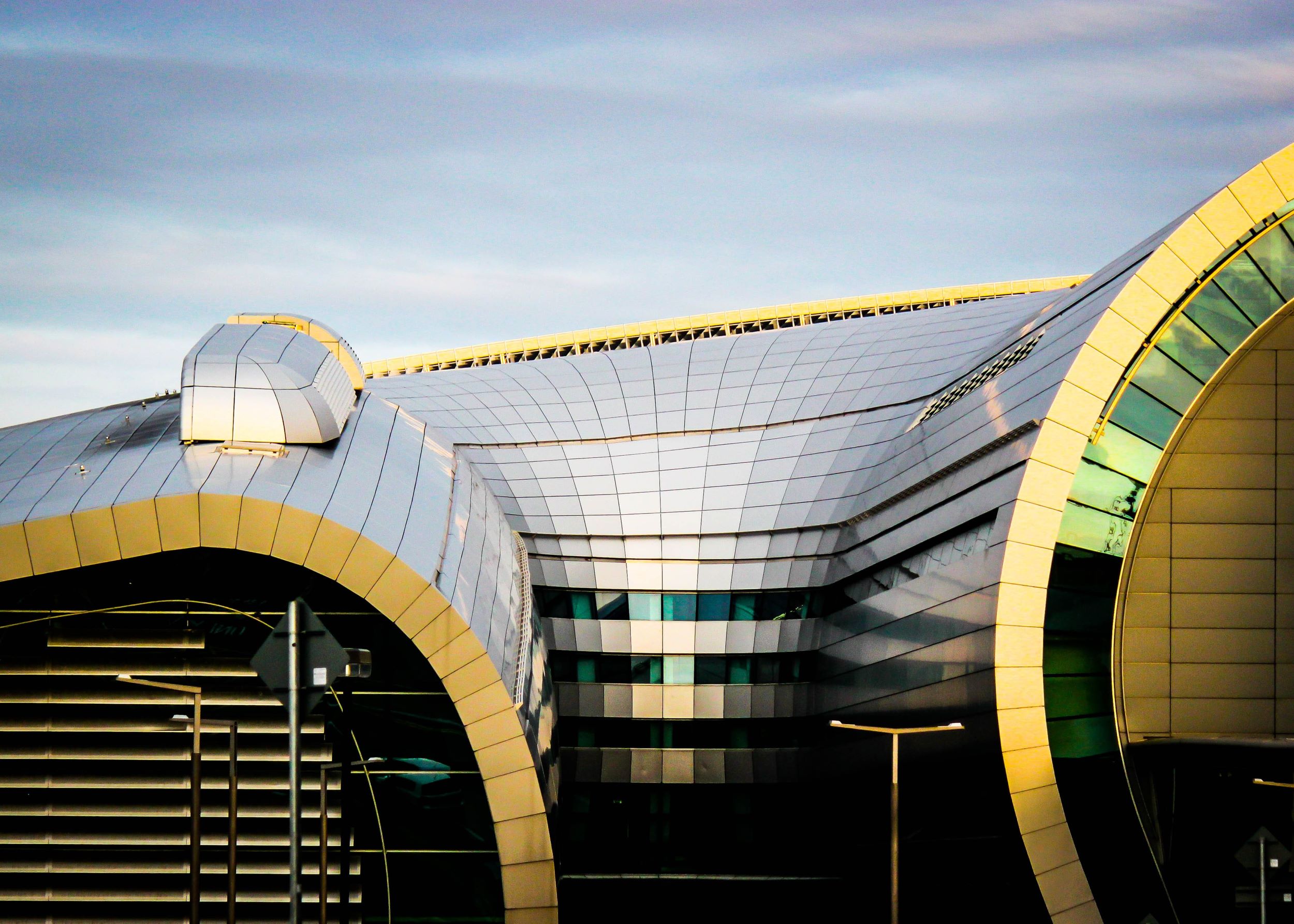It was back in 1973 when Ireland joined the European Economic Area, as it was known at the time. Today, more than one-third of exports from Ireland go to the EU market, and in return the region accounts for over one-fifth of Irish imports. This is a turnaround from the earliest days of the partnership.
Today, as a small, open economy, Ireland is internationally engaged through its membership of the EU.

A catalyst for transformation
Being an EU member is directly linked to Ireland’s success in attracting foreign direct investment. Having transformed its economy in the years since joining the EU, Ireland developed into one of the region’s top locations for innovation. In doing so, this allowed Ireland to welcome leading global names from sectors like information and communications technologies, pharmaceuticals and life sciences, clean tech and more.Ireland now has the additional advantage of being one of the primary English-speaking countries within the Eurozone, making it an ideal vantage point within the EU single market, providing valuable access to a market of over 450 million consumers. Ireland is the perfect place to connect and access international markets.
Talent on tap from beyond our borders
Multinationals looking for new locations to set up, and IDA Ireland clients expanding their operations here, want to be certain about the availability of talent. In fact, Ireland has successfully attracted European citizens to live and work here: close to 10% of Ireland’s diverse workforce comes from the EU.Mikkel Svane, the founder and former CEO of Zendesk, noticed this trend – and took full advantage of its benefits. The Danish-American software company set up its Irish operations in 2012, growing from just two engineers to a point where it’s now become the company’s EMEA headquarters.Once again, membership of the EU strengthens Ireland’s attractiveness for overseas investors. Within the EU, citizens can move freely across borders to work without needing visas.
“Ireland has really become a place where a lot of Europeans want to work and we've been very lucky in attracting great talent from all over Europe that are now working in Dublin,” Svane said. Ireland is also the location for many companies to locate senior global roles with pan-European/EMEA responsibility and decision making.

How Ireland contributes to EU strategy
In recent years, Ireland has begun making a growing contribution to EU progress in key strategic areas of innovation, like semiconductors and life sciences. Co-investment by the EU and the Irish state is helping the national innovation system to flourish. A perfect example of this is the European Commission’s approval of State investment in Analog Devices’ €630 million Project FANFARE, where €8.1 billion in public funding is expected to unlock €13.7 billion in private investment. Analog Devices is Ireland’s participant in a new European project in microelectronics and communication technologies, which is designated as an Important Project of Common European Interest (IPCEI). These initiatives are intended to support large-scale cross-border projects that drive EU innovation and help achieve digital and green transitions, combining public and private resources to tackle high-risk projects.
This is Ireland's first direct participation in an IPCEI, which aims to advance innovation, sustainability, and technological performance.
Analog Devices is collaborating with partners across Member States, fostering an ecosystem of enterprises and research organisations throughout the EU. Ireland is one of 14 Member States participating in this IPCEI on Microelectronics and Communication Technologies (IPCEI ME/CT), alongside 5 others and Norway. The initiative involves 68 projects from 56 companies.

A voice in Europe
Ireland offers companies, especially those in regulated industries such as pharmaceuticals, medical devices and financial services, access to the European regulatory system, whether through the Health Products Regulatory Authority (HPRA) for pharmaceuticals and medical devices, or the Data Protection Commission (DPC), which deals with European citizens’ data privacy.As a nation, our ambitious plans for generating large-scale offshore wind energy will give Ireland the capacity not just to secure clean energy into the future, but also to become a key part of an interconnected, green European grid in years to come. This also aligns with the EU’s strategic goals on sustainability.In a landscape of actively changing industrial policy, small member states can play an oversize role. Ireland has a voice in Europe, and is known for its pro-enterprise stance, and our ability to balance innovation and regulation.
We welcome the report of former EU Commissioner and Prime Minister of Italy Mario Draghi on the future of European competitiveness and its proposals for a new industrial strategy to address the challenges the EU faces. It aims to harness innovation to increase productivity, capture the industrial opportunities of decarbonisation and increase energy competitiveness. This focus aligns with many of the goals we at IDA Ireland are pursuing on behalf of our clients: the 1,800 multinationals already with operations in this country, and those that will set up here in the years to come. To help them to transform and innovate, to become more resilient and sustainable.
Ireland’s success is Europe’s success, and strong, enduring partnership makes this success possible. When companies set up in Ireland, they’re not standing alone.
